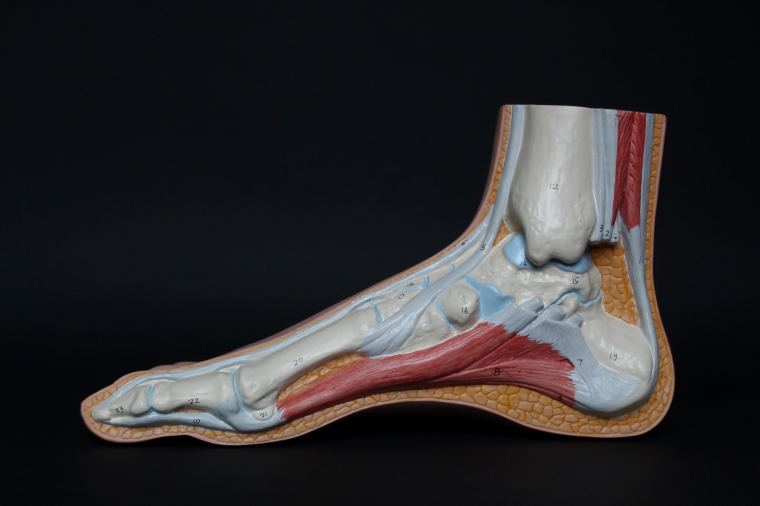
The phrase ‘Achilles heel’ refers to a point of vulnerability or weakness, originating from the Greek myth of Achilles. According to the myth, his mother (Thetis) dipped him into the River Styx, his entire body became impervious with the exception of the area of his foot where she held him - symbolizing the metaphorical Achilles heel.
The Achilles tendon is the anatomical term for the largest tendon in the human body. It attaches the calf muscle to the heel and enables us to walk, run and jump. If you are a runner, you will know just how important this tendon is, and if you have had the misfortune of damaging it, you know all too well just how vulnerable you become when it doesn’t function the way it was designed to.
It can be as simple as misplacing your foot mid stride and BOOM the tendon ruptures. Taking 4-6 months to heal, and all the training goes down the drain, it is the worst case scenario for many athletes. Interestingly, a tendon rupture can be prevented but this requires very intentional stretching, strengthening and gradual increases in intensity training. For most of us, we never really think about the interconnectedness of our muscles and tendons, unless they start to niggle or snap.
The Achilles tendon can represent our foundation in sport. In sport we need to be aware of it, and the movements that can damage it so that we can create training programmes to protect it. Whilst an Achilles tendon rupture is not a definite career ending injury, it does set competitiveness back substantially and if it is not rehabilitated correctly, it can cause ongoing performance issues.
The Achilles heel can also represent our foundation in our spiritual life. As Christians, Jesus died to save us from our Achilles heel ‘sin’. Jesus’ gift of salvation is like the full immersion in the River Styx but unlike Achilles, we don’t come out with a section that was left uncleansed. Once we have accepted Christ as our saviour, the Achilles heel of the temptation to sin stands to represent and remind us of our weakness and constant need for God's protection and strength.
As I sit here with an incredibly inflamed Achilles tendon from not listening to my body's need for stretching and decreased training loads, I am reminded of how vulnerable I would have been as an athlete if I did not ultimately place my identity and worth in God. If I placed it as I once did on my performance, this type of injury would have terrified me because of its potential to rob me of my identity.
Now I find myself admitting to neglecting the body God so graciously gave me, and thanking God for the opportunity to rest, reset and the reminder of his hand upon my life. The restrengthening process is in a way a gift as it exposed to me an area I was physically not caring for myself and thankfully, it is something that can be healed and restored.
When our spirit niggles us or we encounter our weaknesses, it is an opportunity to give thanks that we are now aware of our weakness and further thanks to God for his strength to overcome our weakness. As Paul writes in 2 Corinthians chapter 12, verse 9 ‘But he said to me, “My grace is sufficient for you, for my power is made perfect in weakness.” Therefore, I will boast all the more gladly about my weakness, so that Christ’s power may rest on me.’

Mhairi-Bronté Duncan plays Curling for New Zealand and uses her experiences as an athlete to inspire her writing.